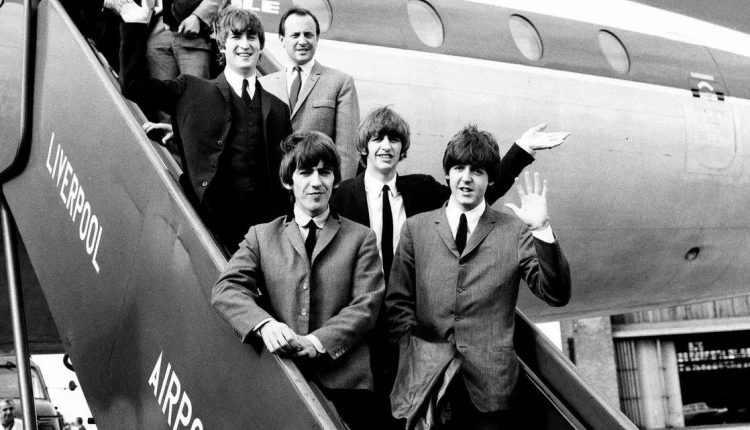Beatles Story video celebrates birth of ‘Beatlemania’
60 years ago this month The Beatles played ITV’s Sunday Night at the Palladium to a screaming audience exposing 15m TV viewers ‘Beatlemania’, now the subject of an online video from The Beatles Story. Tony McDonough reports
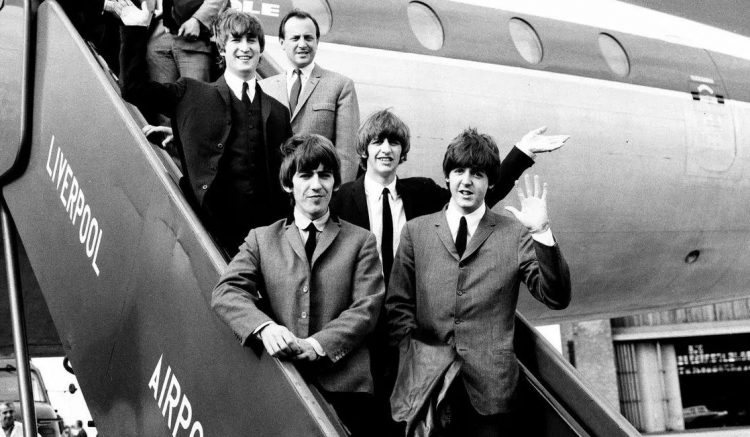
Liverpool’s dedicated Beatles museum, The Beatles Story, has released a video online marking 60 years since ‘Beatlemania’ became UK-wide and then global phenomenon.
In 1962 Bernadette Byrne, George Harrison’s then girlfriend Story, was in a car with George being driven away from a gig at the Floral Hall in Southport.
Dozens of young fans mobbed and chased the car in an experience Bernadette described as “terrifying”. But it was just the start and it was the following year the UK public at large saw their first glimpse of what became ‘Beatlemania.
For most of 1963 there had been reports of teenage girls screaming, crying and fainting with excitement at Beatles gigs.
On October 13, 1963, the Fab Four played live on ITV’s Sunday Night at the Palladium. The 15m people sat in homes across the country watched in amazement as the audience whipped themselves up into a frenzy.
Now The Beatles Story, based at the Royal Albert Dock, has released a 10-minute video – The Birth of Beatlemania – exploring the phenomenon that would shake the world and redefine pop culture for decades.
It offers first-hand accounts of those heady days from people that were there. They include Beryl Marsden, Freda Kelly, Bernadette Byrne, Dr Mike Brocken, Dr Kitty Oliver, and Skylar Moody.
“It was a scream. It didn’t stop,” said Beryl. And Freda added: “They were so excited to see them on stage, they just had to release the tension by screaming.”
Though the reviews for the TV performance were positive, that wasn’t what made headlines. It was the screaming from the audience that caught the attention of the British media.
Eight days later on October 21 was the first documented use of the term Beatlemania when Daily Mail journalist Vincent Mulchrone wrote an article under the headline ‘This Beatlemania’.
Andi Lothian, a Scottish concert promoter, maintains however that he coined the term at a Beatles performance on October 5 at the Glasgow Odeon.
When asked by a reporter to explain what was happening at the gig as a group of girls rushed the stage he reportedly said “that’s Beatlemania.”
“Beatlemania represented a reaction to a kind of music that was new,” said Dr Kitty Oliver.
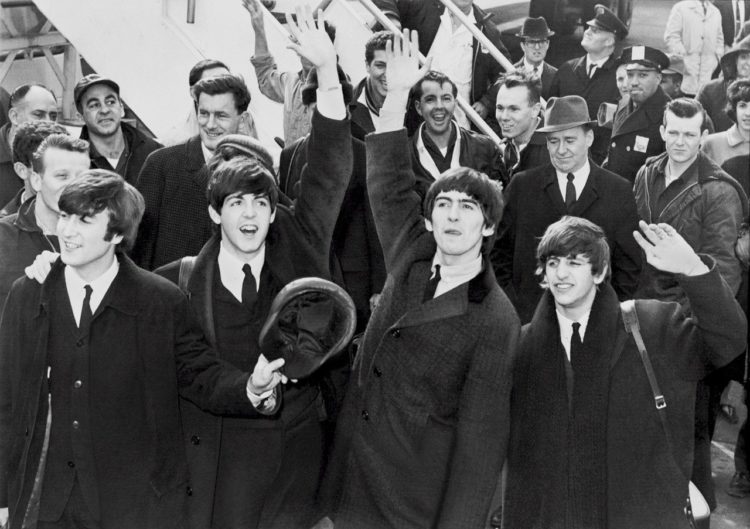
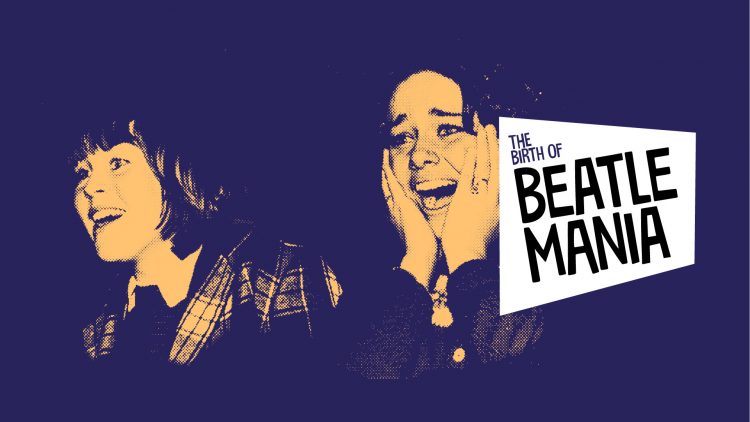
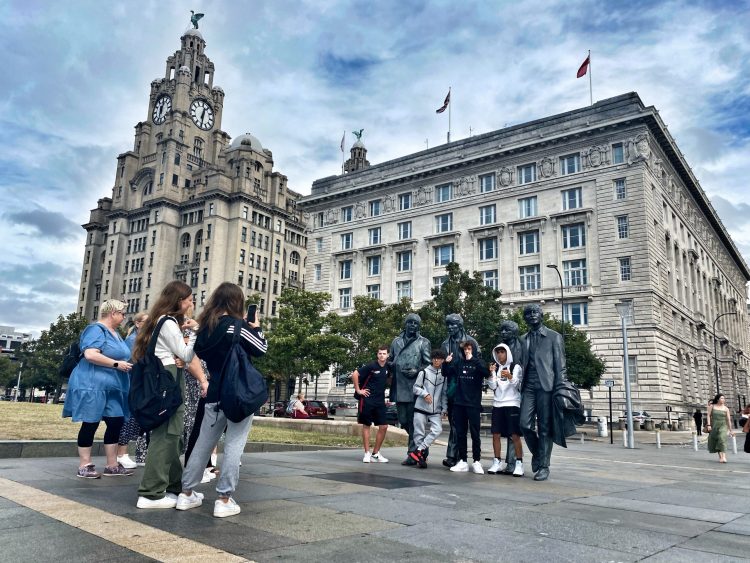
By February 7, 1964, when The Beatles arrived in the US at JFK Airport to thousands of screaming fans, the term was firmly cemented into popular culture.
“I would say it was very liberating for young girls, who then became the liberated young women of the 1970s,” said Dr Mike Brocken.
This legacy of Beatlemania had a profound impact on the world. Dr Kitty Oliver’s first concert was seeing The Beatles at The Gator Bowl in Florida, when a new page was turning in regards to segregation and civil rights in the US.
Her time at this concert was her first experience being around white people, where she and them were united by their love of The Beatles.
She explained: “Beatlemania was transformational, a cracking open of the old traditions of what music could be like and how music could influence people.”
READ MORE: Sale of building paves way for Parr Street scheme
READ MORE: £833,000 to fund Mersey film and TV skills academy
Beatlemania, arguably, still lives on today. Beatles’ fan clubs gave way to social media fan accounts, and autographs gave way to selfies.
Though the way in which Beatlemaniacs show their love for the world’s greatest band looks quite different now to how it did in the 1960s, that same love and passion for The Beatles remains.
“For the most part, 99% of people from the Beatlemania era are always so welcoming for the new generations, because they want that torch to be passed down,” added Skylar Moody.

